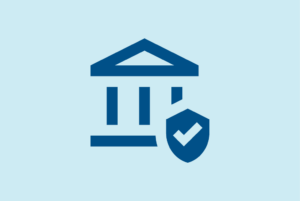The Centers for Medicare & Medicaid Services (CMS) finalized payment updates and policies for long-term care hospitals (LTCH) and hospice facilities for federal fiscal year (FFY) 2024. The regulations are effective Oct. 1.
LTCH PPS Final Rule
For FFY 2024, CMS finalizes policies that will result in an increase to the LTCH standard payment rate of 3.3%. LTCH prospective payment system (PPS) payments for discharges paid the LTCH standard payment rate will increase by approximately .2% or $6 million. This is due primarily to a projected 2.9% decrease in high-cost outlier payments as a percentage of total LTCH PPS standard federal payment rate payments.
CMS adopts the COVID-19 Vaccine: Percent of Patients/Residents Who Are Up to Date (Patient/Resident level COVID-19 Vaccine) measure beginning with the FFY 2026 LTCH quality reporting program (QRP).
Beginning with the FFY 2025 LTCH QRP, CMS:
- Adopts the Functional Discharge (DC Function) measure
- Updates the COVID-19 Vaccination Coverage among HCP measure, in alignment with the Hospital Inpatient Quality Reporting and PPS-Exempt Cancer Hospital Quality Reporting Programs
- Removes the Application of Percent of LTCH Patients with an Admission and Discharge Functional Assessment and a Care Plan That Addresses Function (Application of Functional Assessment/Care Plan) measure
Hospice Wage Index Final Rule
For FFY 2024, CMS finalizes policies that will result in a 3.1% ($780 million) net increase compared with FFY 2023. This update includes a 3.3% market basket, reduced by a 0.2% productivity adjustment. CMS also finalizes an updated payment cap per patient of $33,494.01. In addition, the agency finalizes its proposal to require that physicians who certify hospice eligibility be enrolled as a Medicare provider or have validly opted out. CMS also finalizes its proposal to extend the ability to conduct face-to-face physician recertifications remotely.

